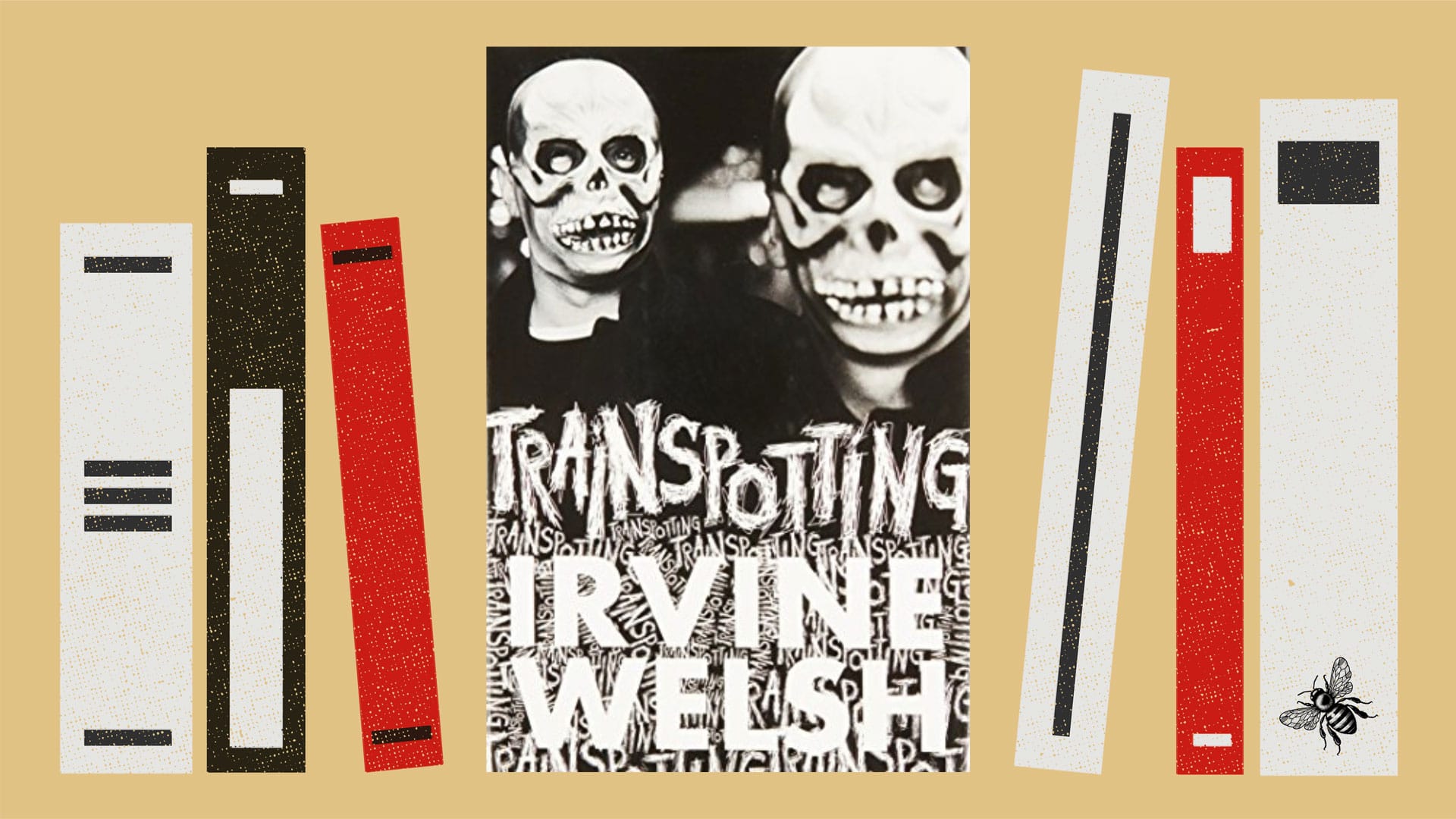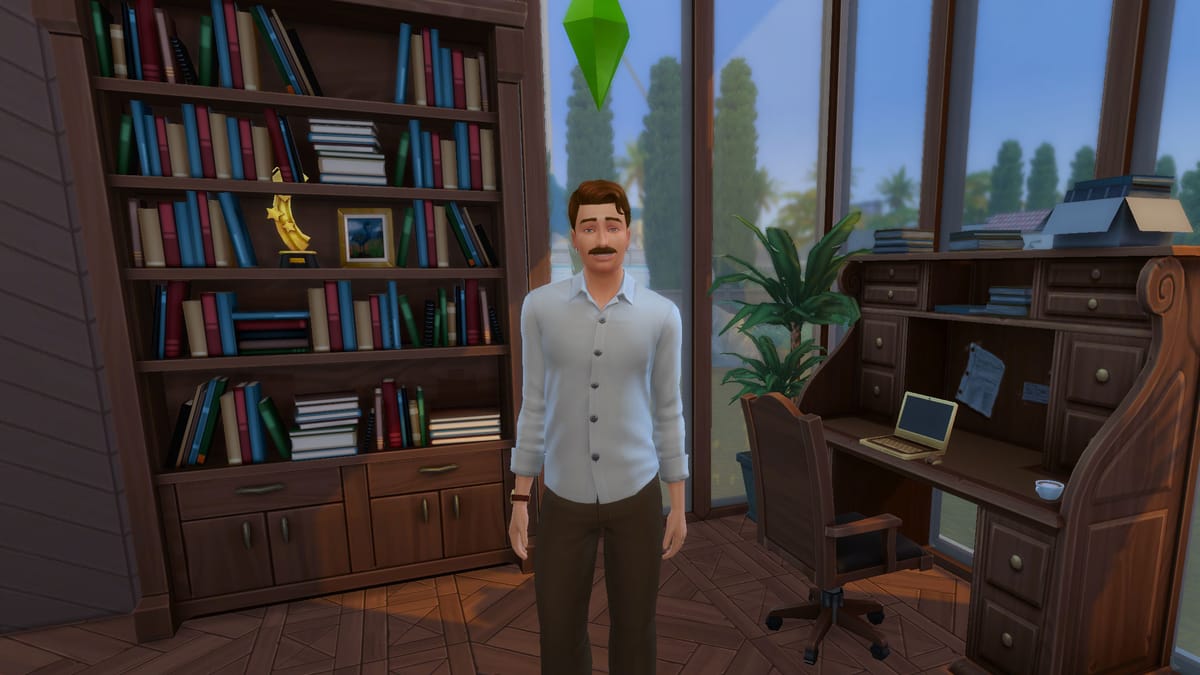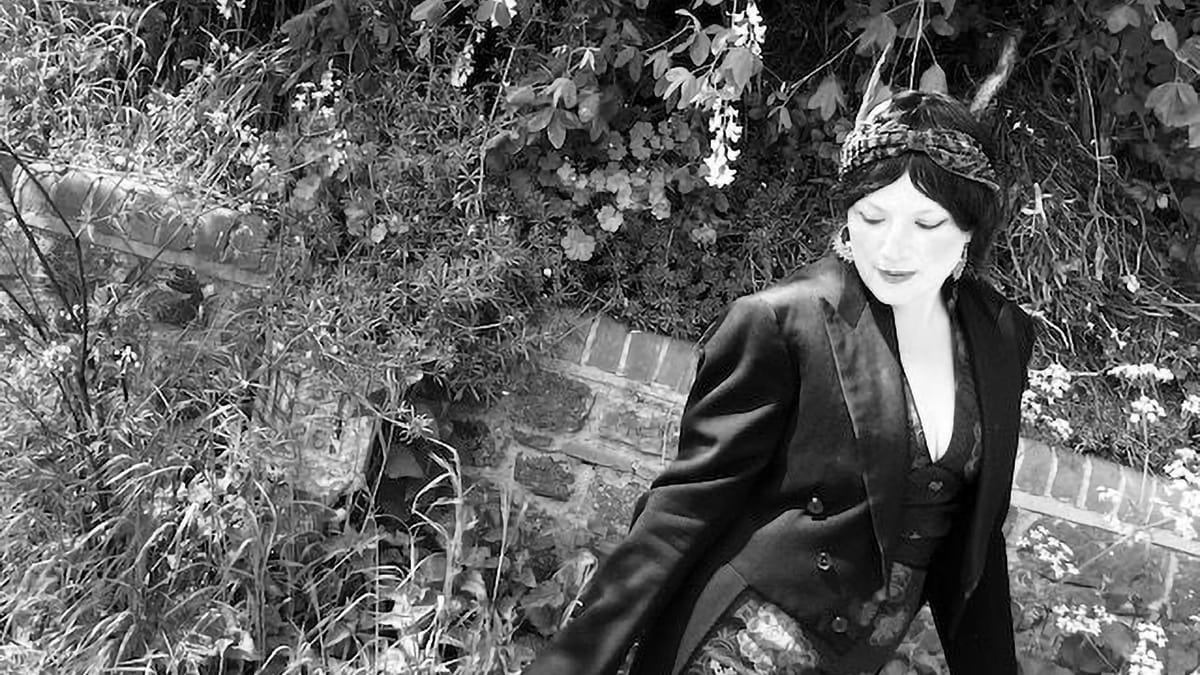For this episode of the Working Class Library, the writer Craig McLean joins Richard Benson, editor of the Bee, and Claire Malcolm, CEO of New Writing North, to discuss Irvine Welsh’s 1993 novel Trainspotting.
Trainspotting has become, as McLean says, a multi-media “literary industrial complex”, with prequels, sequels, films, theatre productions and a mooted TV series having given its characters lives far beyond the pages of the original book. Given its fame, and the dark slapstick with which it is sometimes associated, it is easy to overlook Welsh’s serious intent in writing the novel.
Using heavy dialect, he set out to write a representative account of a generation’s suffering under 1980s economic policies, a popularisation of heroin, and an AIDS epidemic. He has since made it clear that he intended this to be part of a working-class saga. In the podcast, aided by McLean’s recollections of Edinburgh’s 1990 book scene, we ask if it deserves a place on the shelves of our imaginary library of great books by and about ordinary people.
Thoughts? Comments? If yous’ll share them with us on our social media channels, that wid be braw — thank you.
Books and Authors Mentioned
Phil Collins – Not Dead Yet
Fyodor Dostoevsky – Notes from Underground
Bret Easton Ellis – American Psycho
Mark Hodkinson – Nobody Round Here Reads Tolstoy
James Kelman – How Late It Was, How Late
Duncan MacLean – Blackden
J.D. Salinger – The Catcher in the Rye
Tom Sheehan – Climbing Up the Walls
Jeff Torrington – Swing Hammer, Swing!, The Devil’s Carousel
Alexander Trocchi – Cain’s Book, Young Adam
Alan Warner – Morvern Callar
Irvine Welsh – The Acid House, The Blade Artist, Marabou Stork Nightmares, Porno, Skagboys, Trainspotting

All donations go towards supporting the Bee’s mission to nurture, publish promote and pay for the best new working-class writing.









Comments